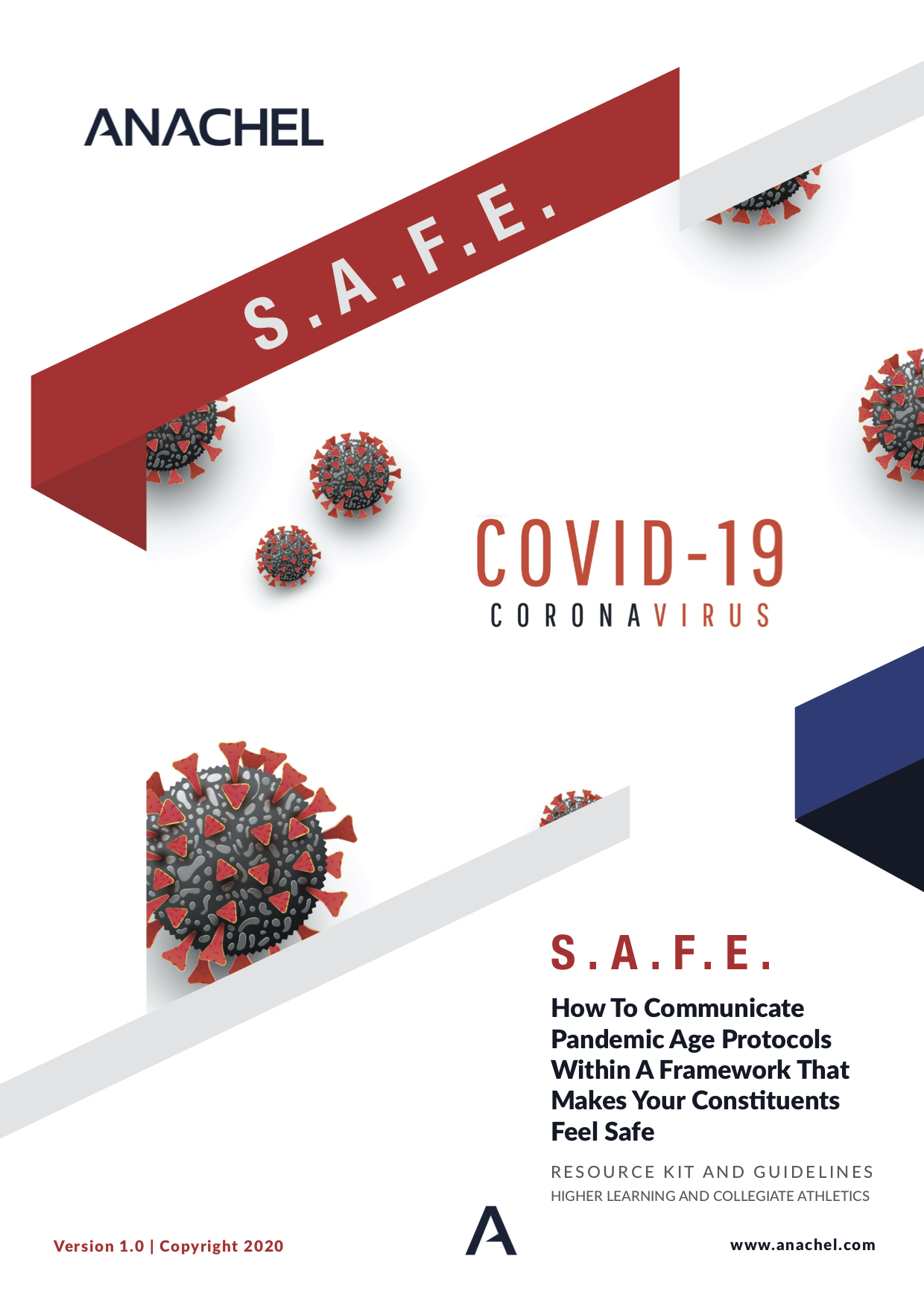Establishing privilege between a legal team and a litigation communications team is only the first step. Before you can start to work, the following four best practices must be put into place:
1. Establish clear communications channels for exclusive use by the legal and communications teams and exclusively for the case/client in question.
2. Identify all written communications with an “Attorney-Client work product” stamp.
3. Keep it clean: Only the attorney and the communications expert should meet, talk, email, converse. Neither the communications expert nor any members of the litigation communications team should ever directly engage with the client.
4. Prevent information leaks: establish a process (examples: automatic expiration dates for e-files, shredding practices for paper documents) for secure disposal and destruction of all written communications.
Are you an attorney who would like to learn more about setting and maintaining the privilege between your communications experts and the legal team? Reach out to carrie@anachel.com
ANACHEL Communications specializes in high-profile litigation, crisis and strategic communications. Our media training program and bespoke reputation management practitioners help our clients navigate the narratives when it matters most.




